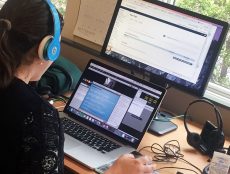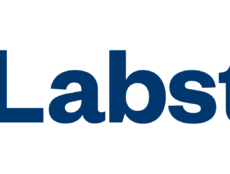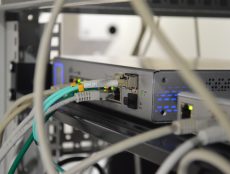
With the COVID-19 pandemic drastically and perhaps permanently altering the society, people had to find different ways to do familiar things. Online shopping boomed like never before, and classroom education was swiftly replaced by virtual learning platforms. Businesses were forced to function remotely, and many that could not went under.
This held true for many institutions of learning. Schools and colleges were forced to shut down and operate on virtual platforms. In fact, even after entering another year of the pandemic, most schools and educational institutions are still operating virtually to some extent. As such, students and educators have been able to maintain learning thanks to education technology. A host of technological innovations has made it possible for students to take up their lessons and not miss out on vital years of their education.
Researchers and scientists are working each day to revolutionize the domain of education and make it easier for students and teachers to exchange lessons and take up examinations. Platforms like Vibe are changing the way educators approach virtual learning. That said, 2021 looks like a year when the domain of education shall bear witness to a number of trends in education technology. Let us have a look at those trends over the next few sections of the article.
Blockchain Technology Shall Serve as a Welcome Relief in Education
2021 looks like the year when blockchain technology will cause seismic shifts in the education sector. Distributed ledger technology (DLT) has a lot to offer to education, especially this year. With the help of blockchain technology, innumerable units of information and data can be stored that can later be retrieved.
Plus, since blockchain technology is safe and utterly secure, storing essential pieces of information shall come in as a welcome relief to those working in the domain of education. From assessment reports to crucial documents, everything can be stored safely in the blocks that make up the blockchain technology.
Blockchain technology is also increasingly being used in various online courses and ePortfolios. The DLT systems are also all ready to address problems concerning authentication, scale and cost for several learning experience platforms. Students can also use the DLT systems to publish their accomplishments once they start looking for jobs.
Big Data Will See Continued Use
Big data has found its utility in the field of education for a few years now. However, this is the year when it gets bigger. COVID-19 has led to online learning, which has further led to the booming of data sets. With the help of big data, every learner’s experience can now be personalized, and this shall help students understand and grasp concepts better than ever before. Online learning comes with its own impediments. It lacks human touch and might not be able to cater to every student’s needs.
However, with big data, the online learning experience can be refined and suited to every learner’s needs. Large data sets are allowing designers to use relevant information and present a course in a way that is suitable for a learner. Courses are now more personal and customizable so that learners can make the best out of these courses and proceed with their online learning endeavors.
Learning Analytics is Becoming More Relevant
One does not need to mention repeatedly that the current landscape of learning and education has changed dramatically. As such, learning analytics is finding more relevance in the domain, especially when it comes to higher education. Educators can now gauge a student’s worth via the internet and with the help of learning analytics. This innovation of technology is allowing educators to better optimize the learning experience of students and help them become better learners.
With the help of learning analytics, teachers are now better able to read insights from a student’s learning process and hence, guide them through. They can now understand the types of pictures, texts and infographics that students enjoy and thus, devise lessons around the same so that students show more interest in learning.
This is having a downstream effect on the college admissions process. Students are increasingly asked to fine-tune their college applications. Attention to detail might make the difference between acceptance and rejection. Many learners even turn to professional writers, asking them to ‘write my admission essay.’
Summing Up
With the help of cutting edge technology, some of which we have mentioned in the article, online learning in the times of COVID-19 is becoming more comfortable and accessible. Though we cannot say that education technology has eliminated the need for a real classroom, it has come in as a welcome relief and saved the day. It is thus expected that over the next few months, more and more groundbreaking innovations shall swamp the domain of education and make learning easier.
Featured Image: Annie Spratt, Unsplash.









No Comments